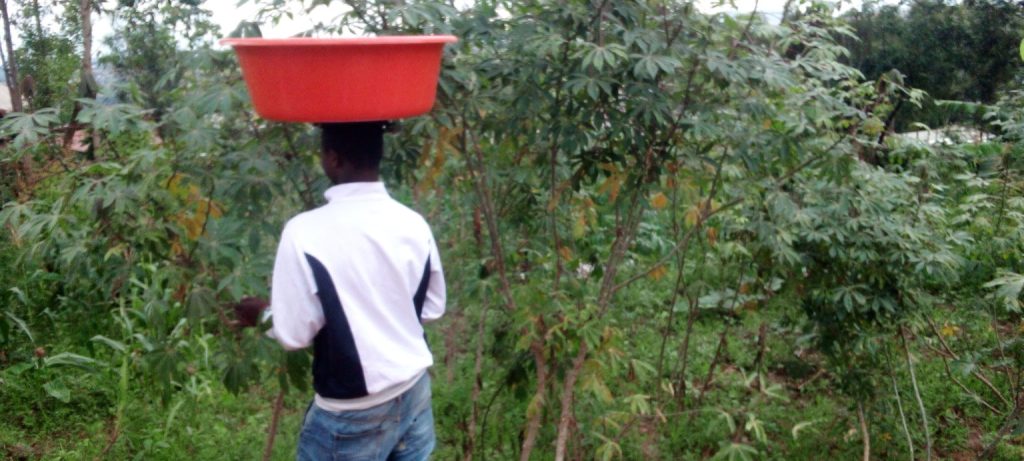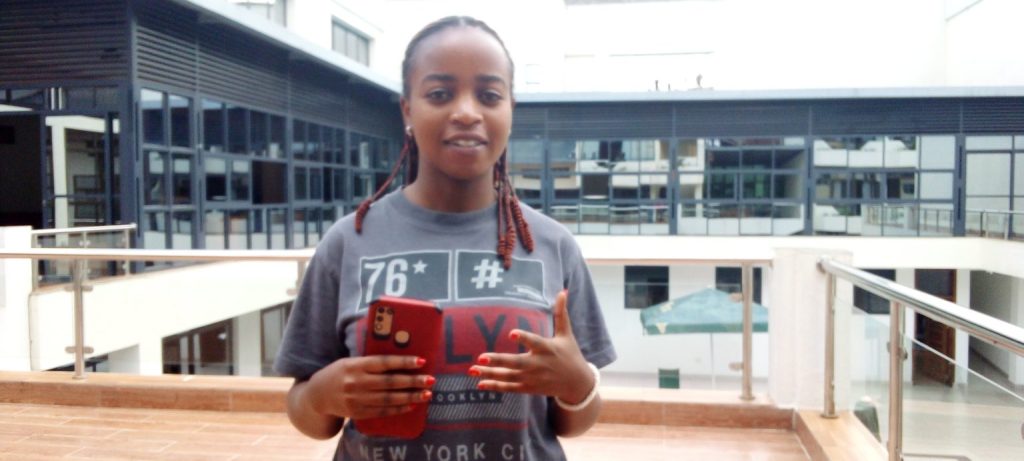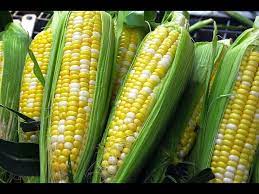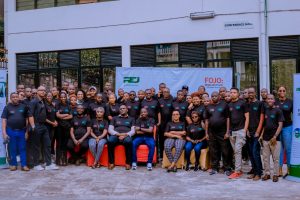Rwanda Banking On GMOs to Beat Hunger

Consider these figures: The world’s target is to achieve zero hunger by 2030,
but, the Food and Agriculture Organisation(FAO) indicates in its latest update,
that 735 million people were still food insecure as of 2022. The ambitious goal
would only succeed, if the world manages to narrow down these figures to 150
million next year.
The way to go, is the use of Genetically Modified Organisms(GMO) in
agriculture, which consists in boosting plants’ cells for greater resilience to
weather challenges and increase of production.
In Rwanda, samples of GMOs in cassava proved to be promising, and farmers
expect to bid farewell to hunger and to make good return on investment.
“When we first heard this in news, we thought it was about those varieties which
are devoid of taste. But we have now understood that GMOs is here to make us
rich,” said Oreste Kabera, a farmer from Gafunzo cell, Mwendo Sector of
Ruhango district.

Kabera in his cassava farm
Kabera further said, that GMO will save them from the cassava diseases which
affect them every now and then.
“We have been walking with empty wallets which painful for a man. GMOs will
save us. We can’t wait the program to be rolled out,” Kabera said.
For Umurerwa Shimo Yvette, a student pursuing Agriculture at university of
Rwanda, the Rwandan community needs to embrace GMOs, a solution to
hunger.
“Our population is increasing but production is not. GMOs will change the
narrative, and, there is no worry as of safety because the nutrition intakes in
GMOs are rather improved,” she said.
“With GMOs, a farmer will not need pesticides and other agro vet products which
used to cost a fortune to fight disease. The seeds come with strong immunity
against diseases.”

Umurerwa Shimo Yvette
Doctor Athanase Nduwumuremyi, a researcher at Rwanda Agriculture and
animal resources development board(RAB) in the unit of tubers, and coordinator
of OFAB (open Form Agriculture Biotechnology) said that they are ready to go
as soon as a law regulating GMOs is approved.
“Countries are at different stages in approving GMO. As far as Rwanda is
concerned, the parliament approved the draft law, and we hope it will soon be
gazetted. Pending that milestone, researchers and seed multipliers can find a
room to proceed,” he said.
Countries like the United States of America are now ahead with soja and maize
accounting for 90 per cent. The program started four decades ago.
To assure food security in the world, GMO is the way to go. The Food and
Agriculture Organisation(FAO) indicates that currently, 9 per cent of the world
population is food insecure while a third of the world population leave in
countries with food insecurity.
Agriculture sector employs 70 per cent of Rwandans and contributes 30 per cent
to the GDP.

Dr NDUWUMUREMYI Athanase.
In the world, wheat, papaya, soya, rice, cotton have responded well on GMOs
technology while in Rwanda, the trial phase on cassava also gave positive
results and would soon be disseminated.








